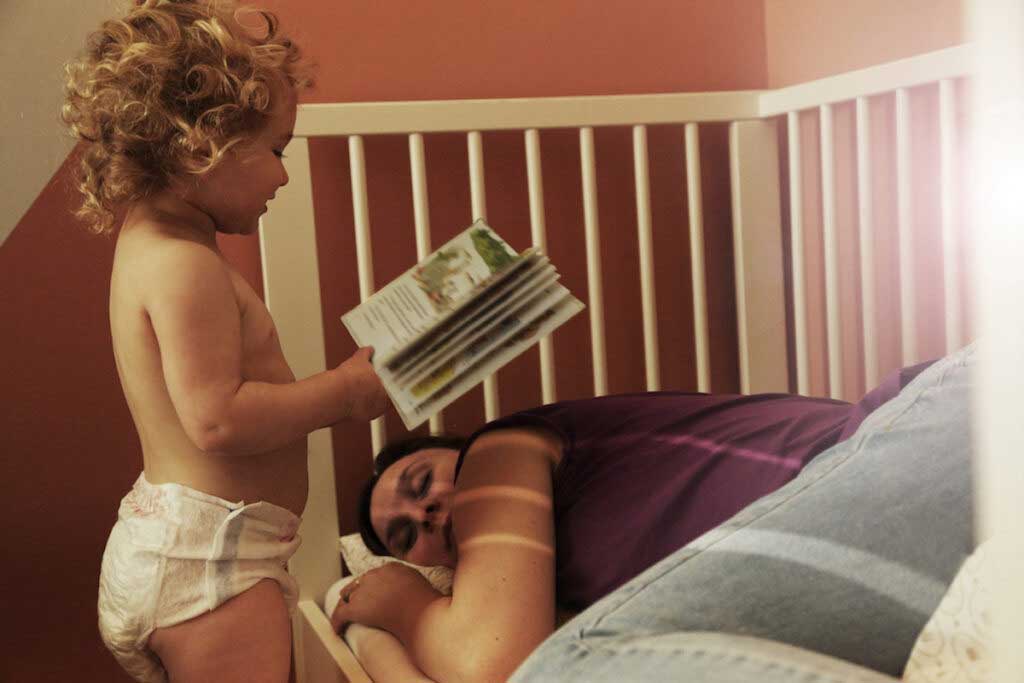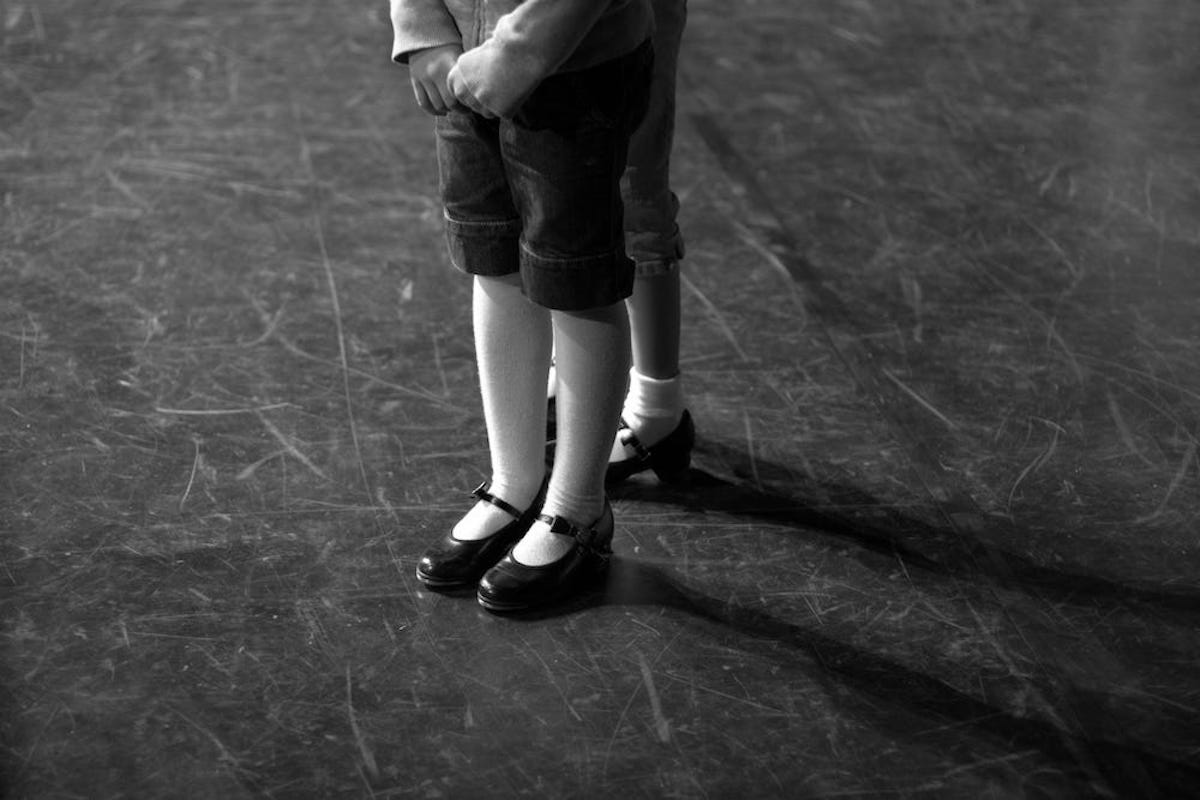Several months ago, timed with the paperback publication of The Family Firm, I wrote a post encouraging people to consider what “one thing” they’d like to change to make their daily life a little easier. You guys wrote in with absolutely amazing things — many, many more than we could follow up on. But we picked a few representative cases and did a deep dive into the problem and possible solutions.
It’s now been enough time for a trial. So — did these ideas work? How do they look when we follow up?
Today is the start of an occasional series in which I review a problem, the possible solutions, and the follow-up. My hope is that you’ll see some ideas for your own “one thing” in these discussions, even if you do not have this exact problem. (Note: These emails are real, but we’ve changed the names.)
The problem
How do we manage homework support for my two school-age kids (rising first and second graders) after school while I am trying to make dinner (we both work, and my husband is commuting) and we have an almost 2-year-old who also wants my attention? I’m having anxiety about school starting in a few weeks mainly for this reason!
—Sarah
This was the original submission we got from Sarah. In a follow-up call, I got more detail. Sarah’s middle child, the first grader, has diagnosed ADHD. In doing her homework, she needs consistent supervision. This often wasn’t possible while making dinner and supervising a 2-year-old. One solution had been to leave homework until after dinner, when two parents were home, but this delayed bedtime and people were exhausted.
The challenge was to get to a place where homework was done and dinner was on the table and no one (including Sarah) was lying on the floor in a puddle of tears.
The reflection
In my book The Family Firm I talk through the idea of the “Four Fs” as a key to deliberate decision-making: framing the question, fact finding, final decision, and follow-up. In Sarah’s case, my sense is the key deliberate step was in the fact finding.
The fact-finding step is sometimes about data, but more often it’s about putting together all the information you need for a decision in one place and looking at it all at once. We can have a tendency to look at our decisions in smaller pieces, without recognizing that they are all interwoven. It’s easy to think of each kid alone — as in, what would be optimal if you had only one of them. But there are three! And when we look at them all together, it was easy to see that, basically, what Sarah wanted to do (supervise two homeworks, make dinner, entertain a 2-year-old) was not possible.
This realization came up in many of the conversations I had. Generally, it didn’t even require me noting it. As people talked through the problem, it became clear that the issue was that what they were trying to accomplish was literally impossible. This has depressing elements, but it’s also liberating. It forces us to think more broadly, to give ourselves grace for not delivering on our vision. Our vision is imaginary! We need a new vision.
In this scenario, we focused the discussion on where we could change things to make them easier. For example: allowing the 2-year-old to watch some TV. Yes, this wasn’t normally part of their routine, and if Sarah had been alone with the 2-year-old, she probably wouldn’t have made that choice. But given the constraints, it seemed like a really good option.
The proposed solution
Dear Sarah:
I reflected more on the train, and I think where we got to in our conversation made sense.
- Second grader is in charge of their own homework (which has some advantages — personal responsibility, autonomy — and might actually be better than you supervising!).
- Toddler watches TV.
- Either one or two parents are in charge of dinner and supervising first grader’s homework.
One other thought: before you implement any of this, it seems a good opportunity to have a family discussion (probably first with your spouse) about the way things will go. Especially with the older kids, they can be pretty responsible if given a chance to rise.
If you are up for trying this and letting me know how it goes, I would be so grateful!
—Emily
The follow-up
Hi Emily!
Just wanted to update you on how things are going with my homework-hour struggles. I would say that your advice has been mainly working, and that also this issue turned out to really only be a problem on Mondays, when my older two are not in after-care and my middle/ADHD child has the most significant homework assignments of the week.
So here’s how our Monday afternoons now go: the 2-year-old watches TV, which holds her attention for at least some of the homework time, and my 8-year-old does his homework by himself (which he’s fully capable of) while I help my 6-year-old with her work.
Some tweaks: Both older kids get immediate TV and candy as an incentive for completing their homework, which is appropriate as a reward for my 6-year-old based on the ADHD guidance I’ve received, and giving it to the 8-year-old as well is a tradeoff I’m willing to make for peace. Then I make dinner while they are all enjoying their hard-earned screen time, and my husband does all the post-dinner child management. I listen to podcasts. It’s actually quite nice.
It’s not perfect (mainly because my 2-year-old isn’t fully mesmerized by TV yet and will sometimes come over to terrorize/distract her sister), but it is manageable, and that’s the best we can ask for, right?
—Sarah
Final thoughts
“It’s actually quite nice” and, also, “It’s not perfect.” This may encapsulate where I hope we can often get to with these parenting problems — logistically or otherwise. It seems to me that these are importantly linked. Things can be quite nice but also not perfect. And ironically, when trying to get to perfect, it may make it impossible to get to “quite nice.”
The underlying lesson here: face, and embrace, the constraints. And maybe consider TV and candy.
Look for more to come in this series (for example: getting three year old twins to eat at dinner). And if you like this approach, The Family Firm has many more ideas.
Community Guidelines












